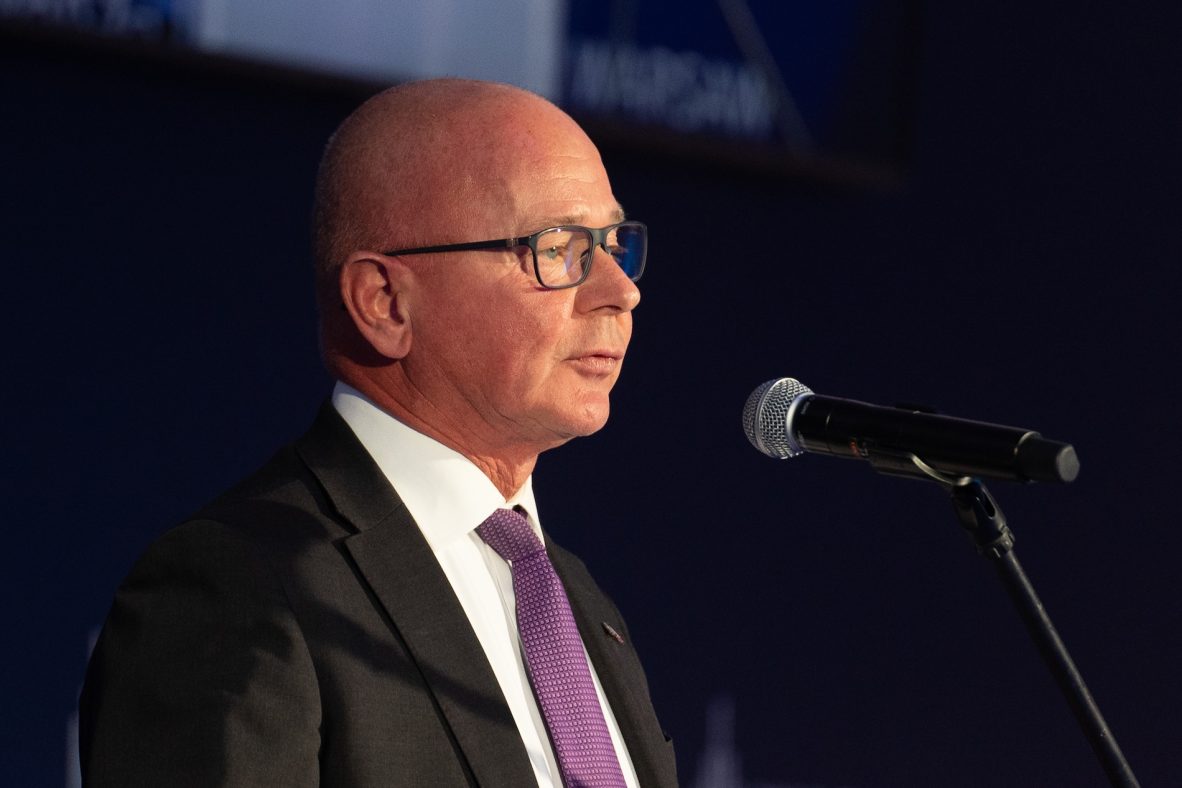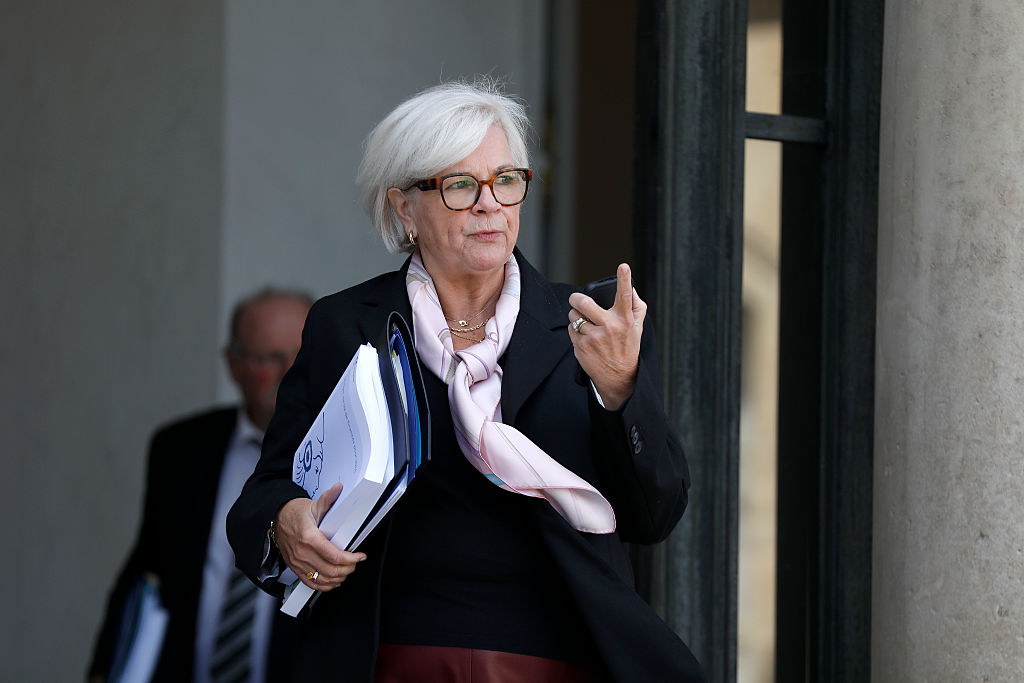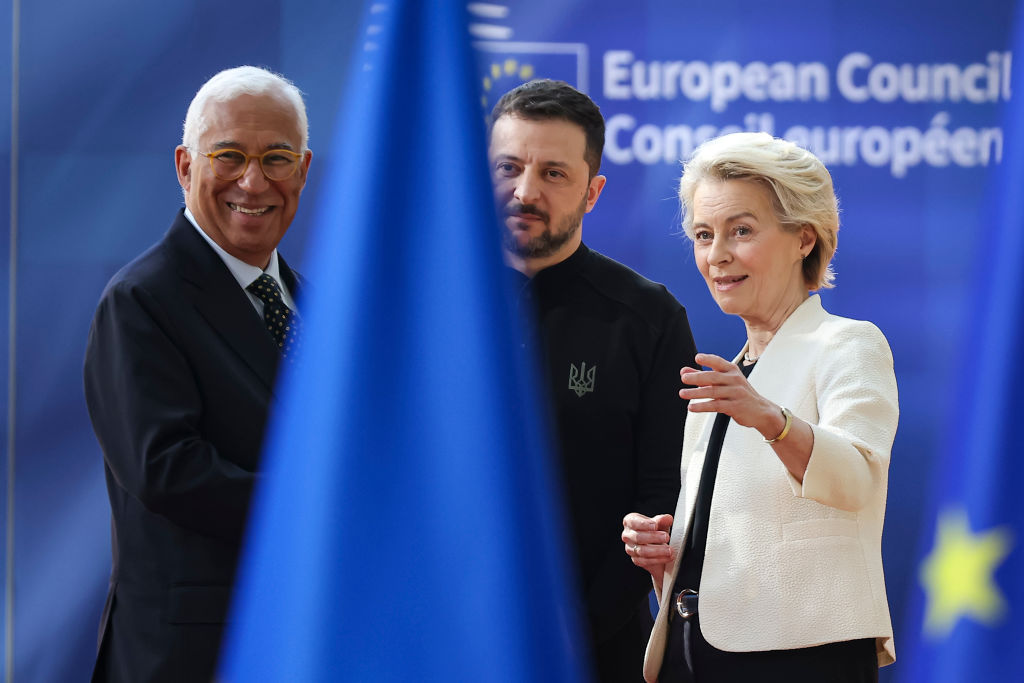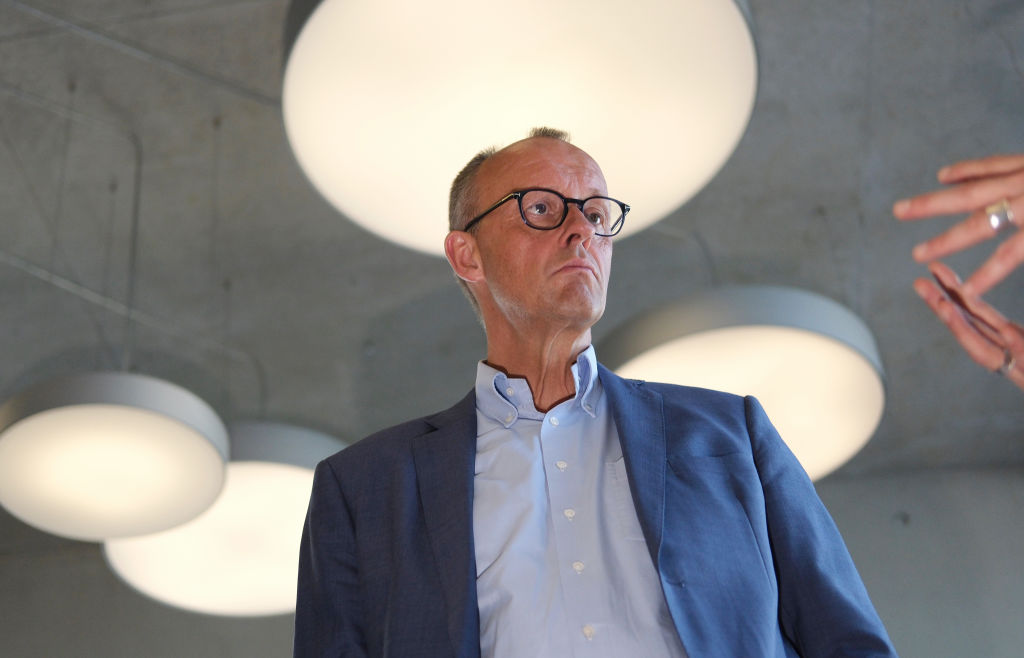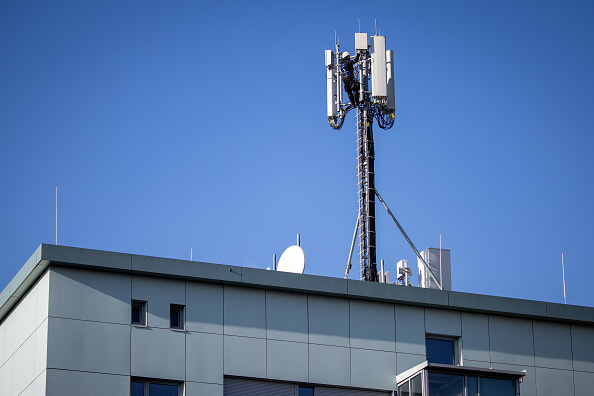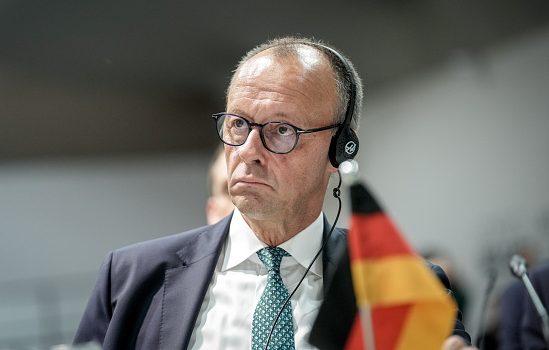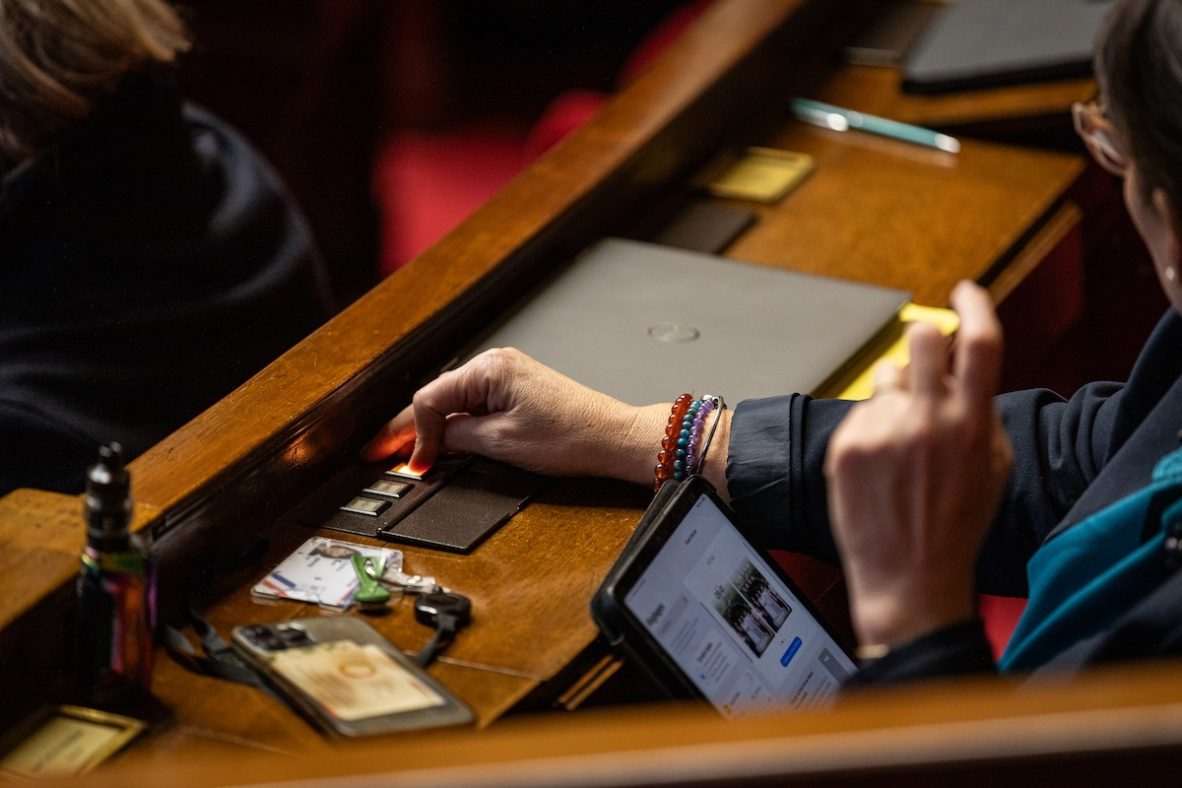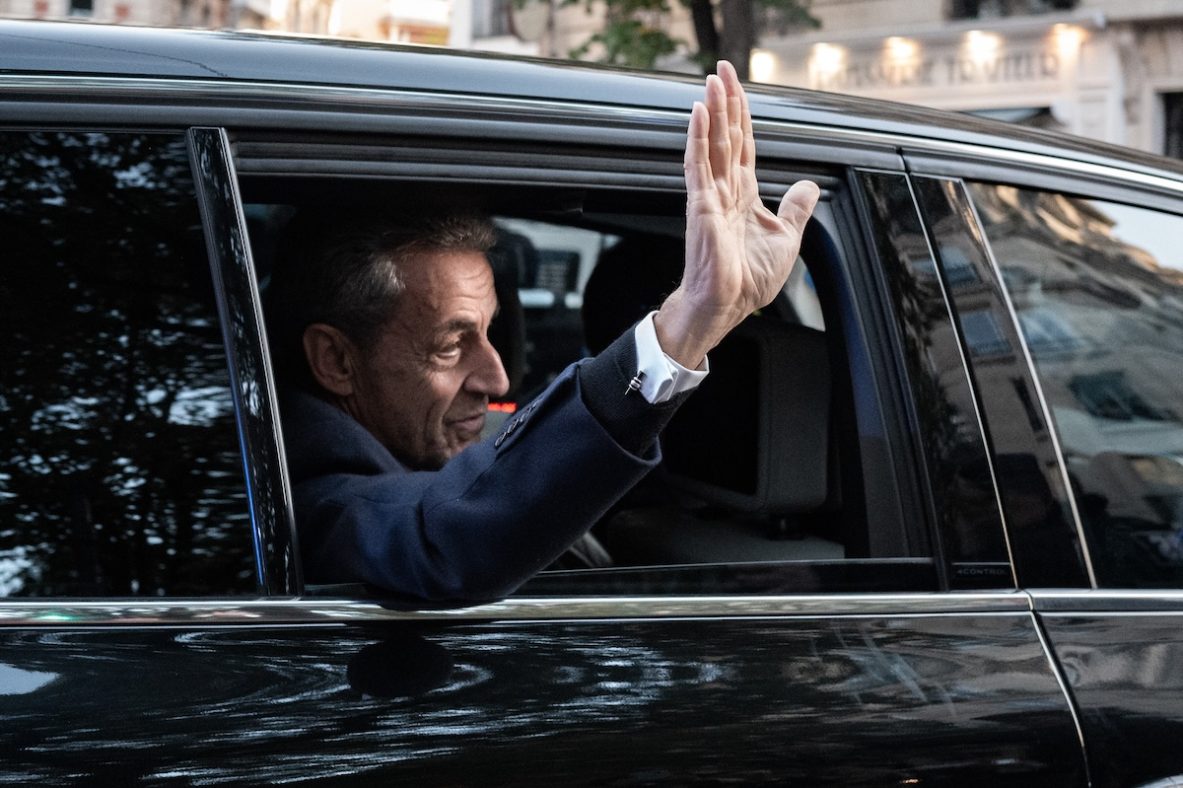Airbus Defence workers urge end to Dassault partnership in FCAS fighter jet project
Progress on the joint Future Air Combat System (FCAS) has stalled due to a dispute between France and Germany’s aviation giants
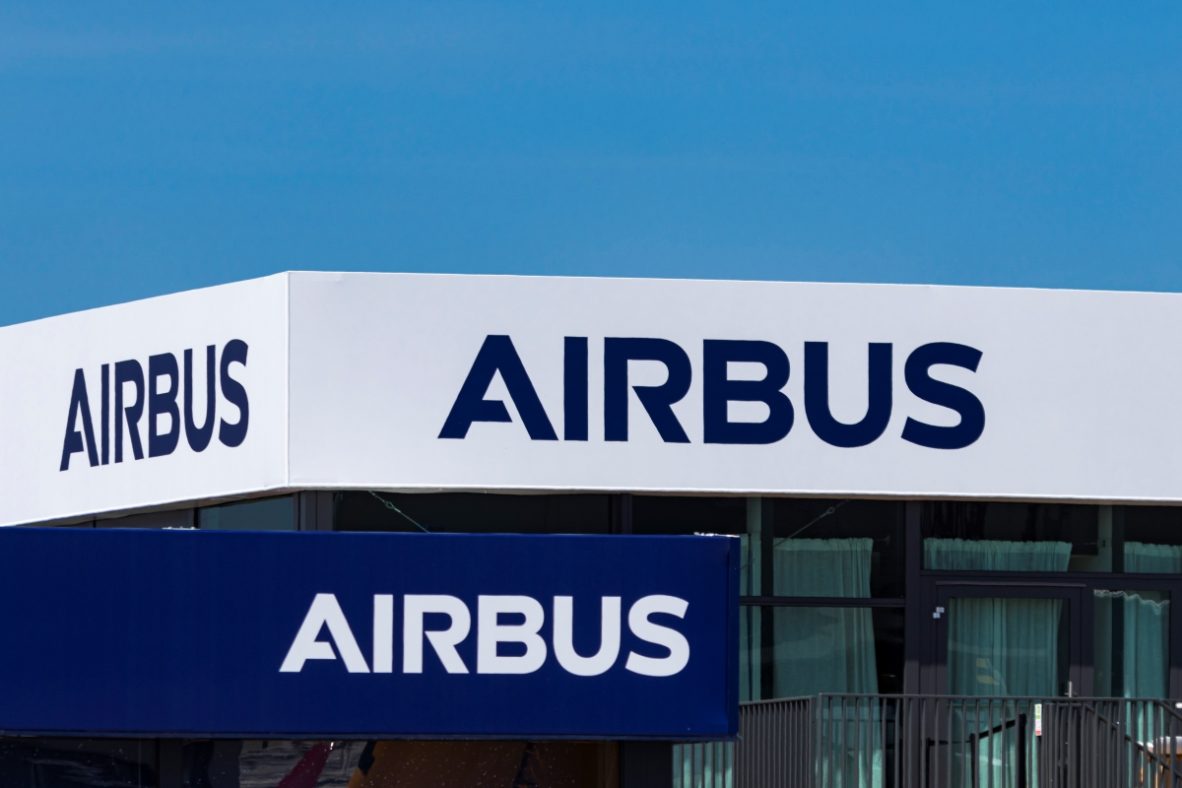
A next-generation fighter jet would be best built without the involvement of the French company Dassault, a top representative of workers at Airbus Defence said, as tensions between the two European defence giants rose over a major €100 billion project.
Progress on the joint Future Air Combat System (FCAS) project has stalled due to a dispute between France and Germany’s aviation giants. In recent months, both leading contractors, Airbus Defence and Dassault, have increasingly made their disagreements with the other side public.
After a staff meeting on Monday, Thomas Pretzl, the chairman of the Central Works Council for Airbus Defence and Space, which represents employees of the German defence company, argued that Airbus should formally end its cooperation with Dassault.
“We want to finally develop and build a good fighter aircraft again,” Pretzl said, adding that this could be best achieved without the French company and without harming the relationship between France and Germany.
Dassault, France’s prime contractor in the project, has made it clear that it wants a leading role in developing the fighter jet component of the aviation combat system. Dassault CEO Éric Trappier also said his company would rather create a next-generation fighter on its own than continue working with Germany’s Airbus Defence.
Dassault’s leading role in the fighter jet part of the project was outlined in the initial agreement between Paris, Berlin, and Madrid, the three capitals participating in FCAS. Airbus, meanwhile, would lead the drone and AI cloud aspects of the so-called “system of systems” for the next-generation fighter jet.
But CEOs from both firms have frequently criticised the slow advancement of the programme. Only Spain’s Indra has stayed out of the public quarrels.
As France wavers on FCAS, Europe weighs alternatives for its next-gen fighter jet
France’s Dassault first threatened to go it alone on Europe’s next-generation fighter jet project –…
5 minutes
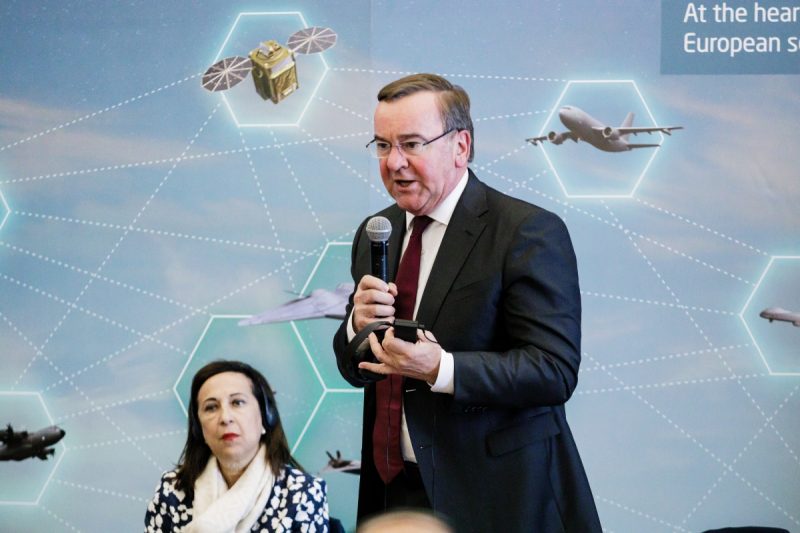
The French and German governments now have until the end of the year to decide if and how to complete the project. Originally, defence ministers from the three partner countries were due to meet in Berlin in October to chart a way forward. That meeting was postponed due to repeated reshuffles of the French government.
Last week, German Defence Minister Boris Pistorius told reporters that the French government cannot independently decide on its role in FCAS, as its aviation company Dassault “also plays an obviously central role.”
“We need clear-cut arrangements,” Pretzl said.
France can’t override Dassault CEO on FCAS says German defence minister
The French government is not able to independent decide on its role in the next-generation…
2 minutes
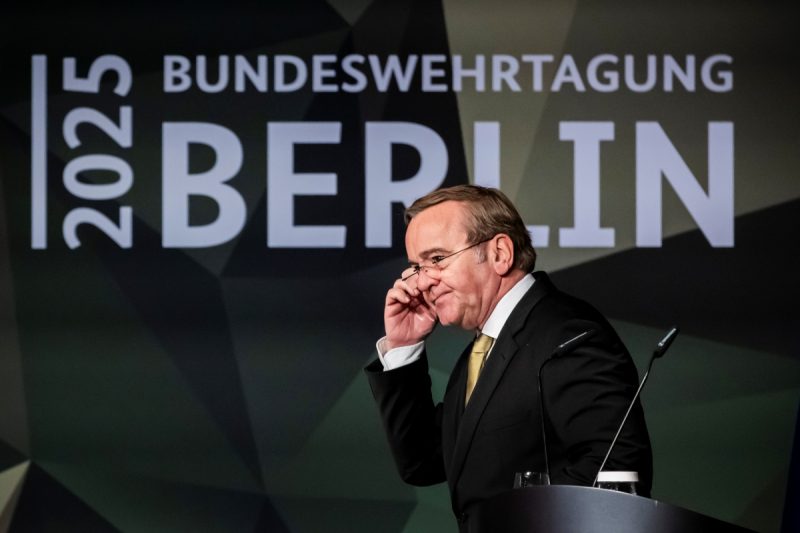
(cm)
